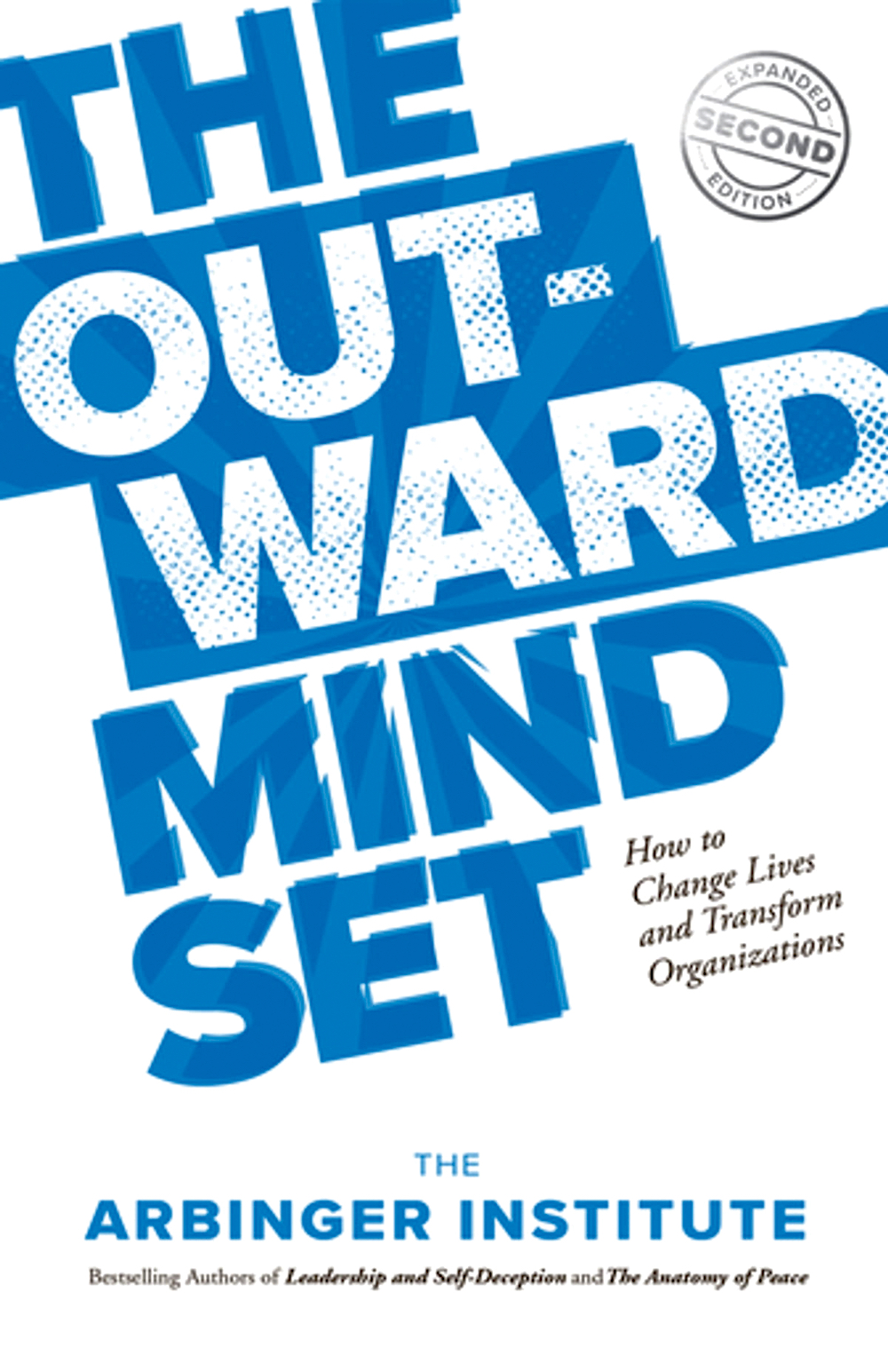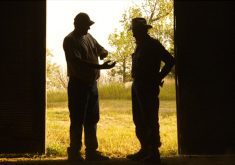The Outward Mindset: How to Change Lives and Transform Organizations
The Arbinger Institute
Berrett-Koehler Publishers
Do you ever think about how you think? I know it sounds flighty at first but it really is important because the way you think — whether it’s with an outward or an inward mindset — can determine the success of your business.
A mindset is how we see the world. It’s your outlook and your philosophy, and it incorporates your attitudes and your values. Our behaviour, whether in personal relationships or professional settings, is a direct result of how we see a situation (our mindset) — including its possibilities or insurmountable challenges.
Read Also

The big squeeze: How to be fair to siblings during farm succession
Managing sibling business relationships on family farms.
One of the top books in this area is The Outward Mindset: How to Change Lives and Transform Organizations. It’s a different book, inasmuch as it is written collaboratively by an organization — the Arbinger Institute — so quotes like this don’t come attributed to a single person, but they land with impact anyway:
“Mindset drives and shapes all that we do — how we engage with others and how we behave in every moment and situation.”
If you guessed this means that our mindset shapes how good we are at our farm business, you’re right. Even better, we can take charge of our mindset. We don’t have to just get by with how we’ve always been. Indeed, it can be in our best personal and professional interests to shift to a more outward adjusted mindset if we want to improve performance, innovate and collaborate with others.
An inward mindset is self-centreed. Its objectives are self-focused and so are its behaviours. The inward-looking person is more concerned with others’ impact on him or her rather than his or her impact on them, and those with an inward mindset often blame others for their frustrations or failures. And since they are so self-focused, they can get in the way of running an effective business, all the while thinking they’re doing an awesome job.
By contrast, an outward mindset focuses on collective results. Or, as the Institute describes it on its website: “We feel responsible to do our jobs and do them well, but also to do them in a way that supports others in doing their jobs — because we know their jobs contribute to the organization’s results just like ours do.”
An outward mindset helps you to see beyond your own restricted self-interest so you engage with others collaboratively and for mutual benefit. Outward mindset people “see the needs, objectives and challenges of others; adjust their efforts to be more helpful to others … (and) hold themselves accountable for the impact of their work on others”, says the Institute.
Those with an outward mindset see others as people. Inward mindset people view others as objects. An inward mindset leader feels that those under them must be led. Consequently, they become isolated and miss out on the “boundless possibilities and perspectives” that result from working with others (as opposed to simply directing others) to find solutions and opportunities that help a business innovate and grow.
To explain the overall benefits of an outward mindset, the book uses the analogy of a very successful NBA basketball team: “When you watch (the Spurs) play, you notice that the ball doesn’t stick in the hands of any player. The moment it would be more advantageous for the ball to be somewhere else, the ball moves there.” It’s because we all achieve greater results when we help each other succeed.
In the basketball team’s case, an outward mindset feeds teamwork, producing a competitive advantage even over teams that have similar players and resources. Importantly, it ultimately leads to multiple wins and a sustainable organization.
On the farm, similarly, implementing an outward mindset can help you work more collaboratively with employees, sharing “responsibilities, obligations, opportunities and rewards … in ways that make the most sense for the mission of the team,” the book says.
“Most of us instinctively look for quick-fix behavioural band-aids, not recognizing the underlying mindset at the heart of our most persistent challenges,” writes the Institute.
But their research shows that “those who attempt to effect change by concentrating on changing mindsets are four times more likely to succeed than those who focus only on changing behaviour.”
And while behaviour does drive results, mindset drives behaviour. So, the question is: what kind of results do you want? If you work backwards from there, you’ll see that an outward mindset is the way to achieve them.
The Institute is clear on the benefits of an outward mindset: “Accountability, collaboration, innovation, leadership, culture and value to customers all improve as organizations increasingly apply an outward mindset in their strategies, systems, processes and day-to-day work.”
















